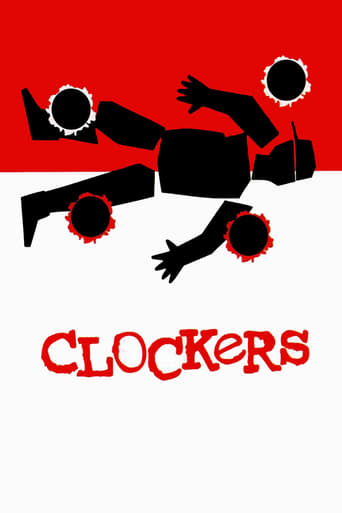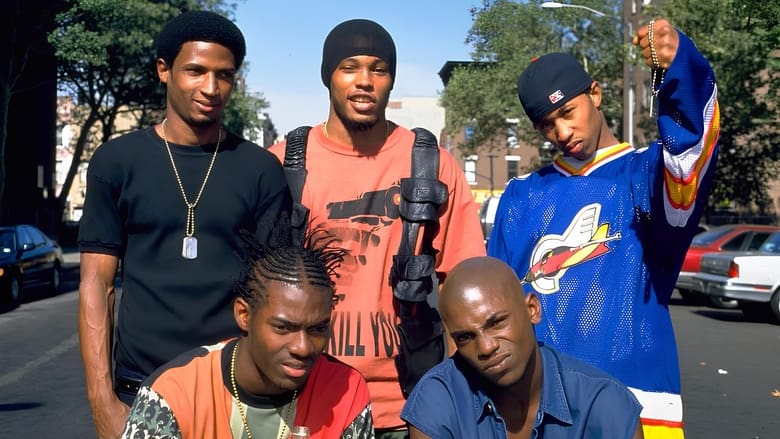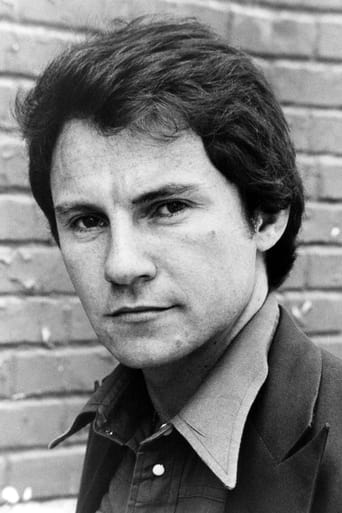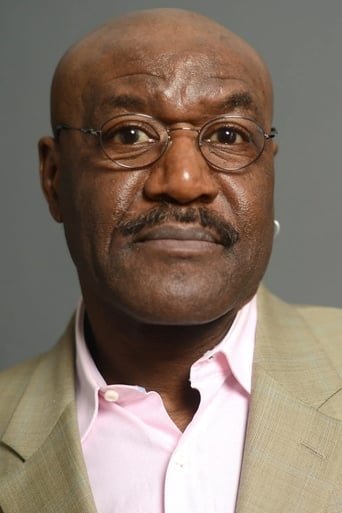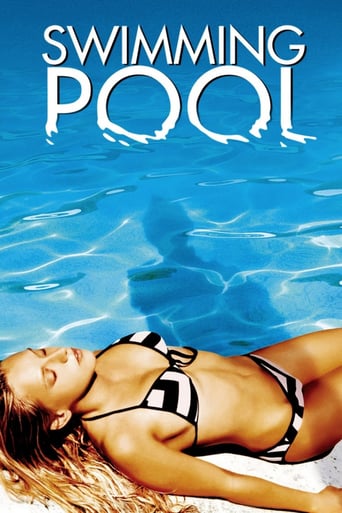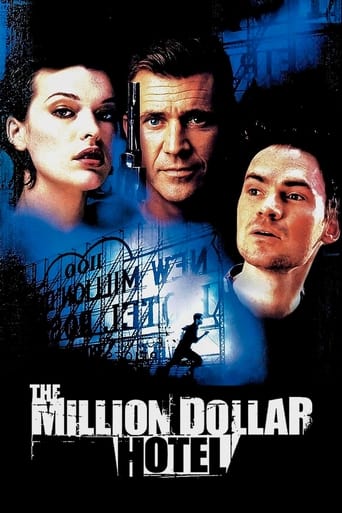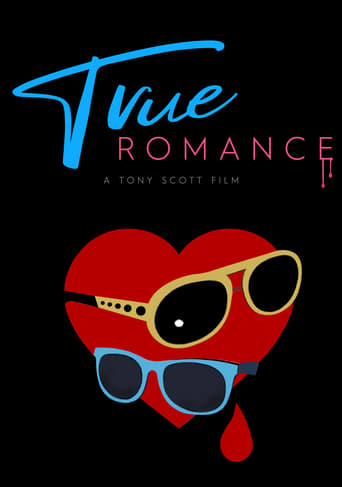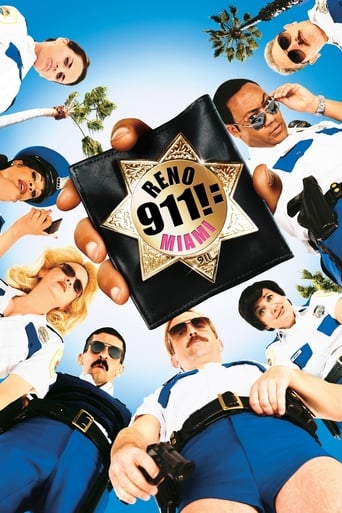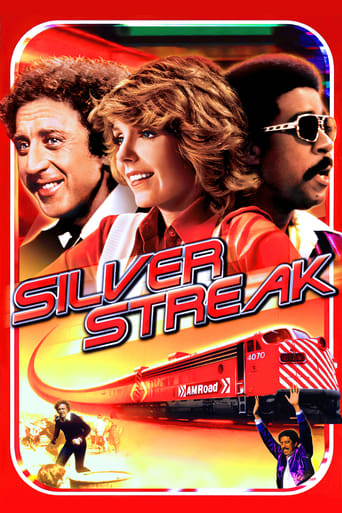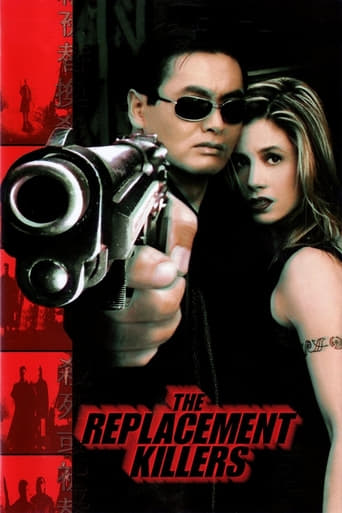Clockers (1995)
Strike is a young city drug pusher under the tutelage of drug lord Rodney Little. When a night manager at a fast-food restaurant is found with four bullets in his body, Strike’s older brother turns himself in as the killer. Detective Rocco Klein doesn’t buy the story, however, setting out to find the truth, and it seems that all the fingers point toward Strike & Rodney.
Watch Trailer
Cast
Similar titles

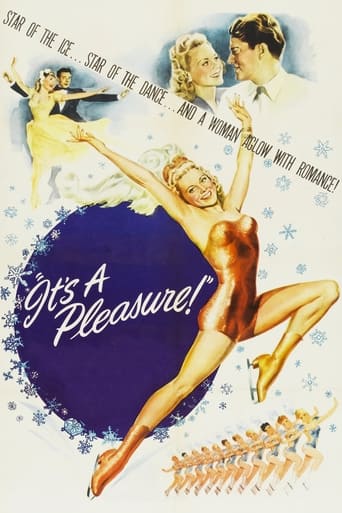
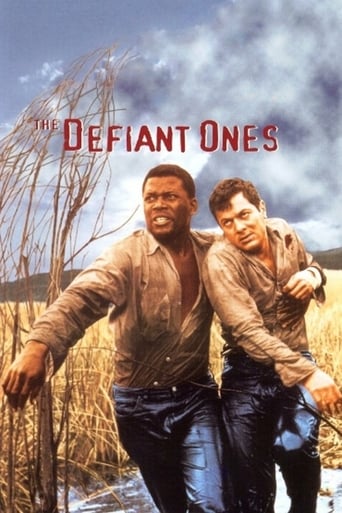
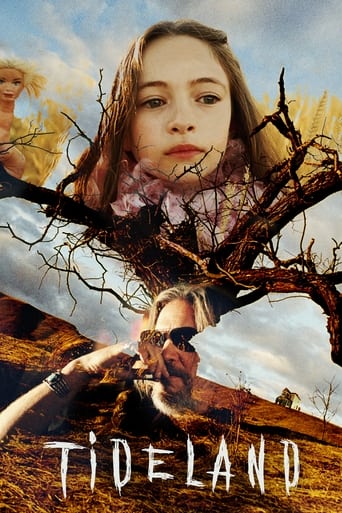
Reviews
Instant Favorite.
As Good As It Gets
This is a coming of age storyline that you've seen in one form or another for decades. It takes a truly unique voice to make yet another one worth watching.
The film never slows down or bores, plunging from one harrowing sequence to the next.
Man, that film is bs, should i really belive Rodney Little f'ed up Strike's car like that in front of police station? And not one cop saw that and stop/arrest him? Yeah, right. And what about Strike getting away free when it was all his fault. He's the one who told his brother some bs story about Darryl Adams, he brainwashed the kid and f'ed up his future and he was selling death to his ppl. And at the end he just ride away into sunshine. Helluva happy end.
An adaptation of Richard Price's novel of the same name, Spike Lee's "Clockers" opens with a series of gory crime-scene photographs. The intention is to shock and disturb, but Lee's photos are subject to incessant zoom-ins and close-ups of bullet wounds, all of which are distractingly manipulative. A better director would have let these photographs – which were all staged – speak for themselves. Lee, though, likes excess.Still, "Clockers" nevertheless finds Lee doing some of his best work. The cinematic equivalent of Ice Cube's "It Was a Good Day" blasting from a loudspeaker in Opposite Land, the film stars Mekhi Phifer as Strike, a Brooklyn drug dealer who's having the worse damn week of his life. As the film progresses, Strike will find himself hounded by the police, his family, other families and various high and low-level drug dealers. Epitomizing the effect of outside forces on Strike is a painful stomach ulcer which worsens as Lee's film progresses. Eventually Strike begins to bleed from the mouth and is forced to drink only magnesium hydroxide "milk".Unsurprisingly, Lee sympathises dearly with Strike. His film, like its introductory photographs, is preoccupied with the physical and psychic effect of violence on black bodies. Strike is himself repeatedly hounded, symbolically raped (once by cops, once by a black gangster called Rodney), is battered by protective mothers, stomped on by housing cops and kicked-in by other street urchins until his ulcer bursts. For Lee, Strike is a criminal who is more sinned against than is sinning.Though a foul-mouthed, violent film, Lee's aesthetic exudes a certain warmth. He's in love with urban life, with Brooklyn brownstones, and his tone is often sentimental, warm and sepia-tinted, with homey interiors and loving shots of promenades and train sets. The film doesn't trivialise gang-life and the crack epidemic, but it shies away from harsher realities in favour for something more broad and melancholic. Strike is Lee's cocaine Christ, trapped in a seemingly inescapable whipping circle. The film ends with Strike on a train, curled up like an infant and hoping for rebirth.Since the release of HBO's "The Wire", most crime films have been rendered obsolete. "The Wire", the brainchild of David Simon, had an expansive, novelistic quality, and carefully juggled neo-realism with literary/theatrical attributes. "Clockers", in contrast, sports much unconvincing dialogue, and the photogenic Mekhi Phifer is at times out of his depth. The film was written by Richard Prince, who would work with Simon on "The Wire". Simon himself cites Prince's early novels as an influence on his own work. These criss-crossing influences make Lee's "Clockers" simultaneously ahead of its time and behind ours.7.9/10 – Worth two viewings. See "Freedomland".
Although I have only seen a few of Spike Lee's films, I am already beginning to place him very low on the ladder of the best directors alive today. Clockers fails, in my opinion, because the film's premise is lacking substance to begin with; the story is lackluster to the max. On top of this, where the film had its opportunities to reel in the audience emotionally, it instead dropped the ball. Moments where energy, tension, and suspense were supposed to effused were disappointingly overridden with anticlimactic slumps in action. The choking scene in the car as well as when Mekhi is being beat up in the park, with their odd selection of music, seem unfulfilled in their potential to capitalize on emotional appeal.I will say the denouement is shot with expert precision. Lee's patented cinematographic maneuver, the double dolly, is on full display. Moreover, his use of low-key lighting in some specific scenes that illustrate the proliferation of drugs inside the projects are done in a professionally haunting manor. Unfortunately, these instances are rare, overshadowed by the weak portions previously discussed.With regards to Lee's film style in Clockers, I like to point out two of his techniques that I find terribly annoying: 1) Those stupid circling gliding shots around characters when they are talking. 2) His persistent use of intense music to compliment serious(at least Lee thinks they must be) scenes. When put together, these two devices serve to create the ultimate exaggeration of the weight a scene carries in this film. Doing a flashy gliding pan across the park accompanied by pounding sound while Tyrone's mother yells at Mekhi and his boys about his haircut is a little excessive. Instead, I think Clocker's would benefit from a greater variation in the levels of stress and emotion we experience in each scene. This way, when the film actually does come to a TRULY significant moment, the audience will become more invested in the action.P.S. I don't think anyone from the projects would actually where a complete Arizona wildcats uniform. Just the jersey, not the shorts.
Let me say that I just finished the novel, and have only just watched the film.I try not to be one of those people who reads a book, watches the movie, and then tears the latter apart, but there are some significant issues that come to mind when considering this adaptation.1: There is just too much music and scoring.Thus the whole thing feels artificial, or like an after-school special come to life with ghetto undertones. I'm not quite sure why Spike Lee would have chosen this presentation, though perhaps it was to create an expected emotional bond with his audience that he felt was lacking due to the large ensemble cast, or maybe he didn't trust the performances of his actors. Regardless, the overall effect cheapens the drama and removes all the real life consequence the story and characters naturally possess (as written).2: The acting comes across as preachy.Consequently, the whole film seems like it trying to prove a point (and nothing else). On the one hand, it's saying to the kids growing up in the projects that, "This is no way to live. Let me show you how." And on the other, it's reaching out to the dominantly white congress, senate, electorate & bureaucracy, and trying to show these people the human cost of their ignorance, bad public policy making & flawed humanitarian ideals and voting.So the thing is, Richard Price's writing is excruciatingly realistic, and his novel, though not without its genre tropes, is equally exacting, and poignant.This film, however, feels like a very well-hearted effort to render the former, but that gets lost in way too much ideology.
